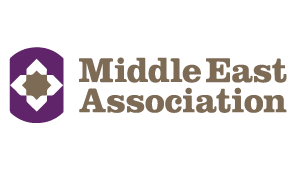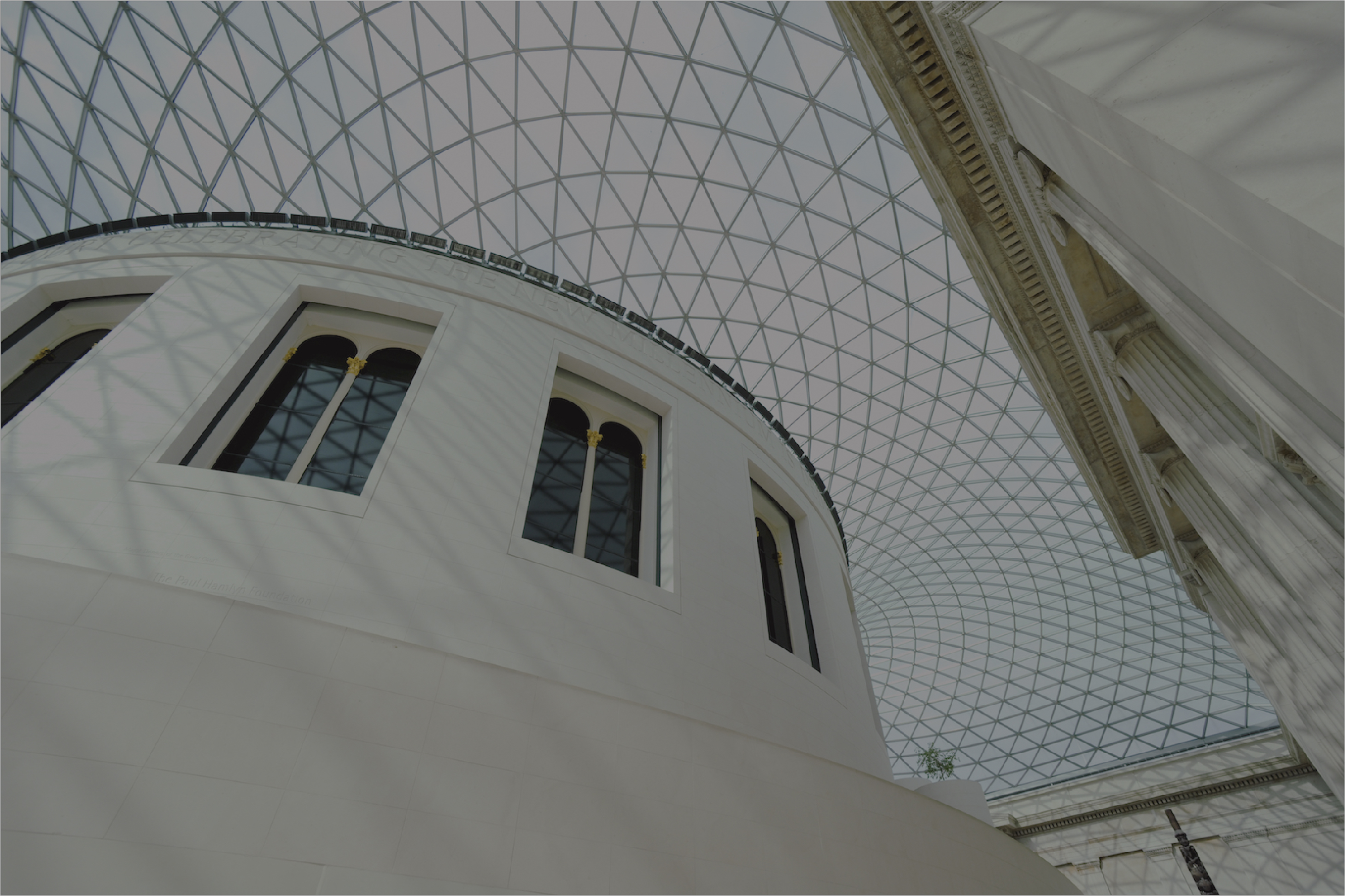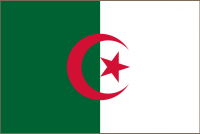Algeria is still a relatively unknown market in the UK, which is strange given that it’s thelargest country on the Mediterranean and the second largest country in Africa. Algeria has real potential as a market for UK companies. The economic fundamentals are strong and there are plans for significant government spending over the next 5 years, in particular on infrastructure projects. But if people in the UK are aware of Algeria they think of it as being too difficult, too dangerous or too French. These perceptions, if they were ever true, are considerably out of date.
As with any emerging market bureaucracy is an issue but the business environment is improving with the drive to increase transparency and recent anti-corruption initiatives.
During the 1990’s Algeria was a dangerous country to do business in because of a vicious civil insurgency. The main terrorist group declared a ceasefire in 1997 and government reconciliation initiatives combined with stronger security measures have contained terrorism to more remote areas of Algeria meaning that foreign companies can do business here safely. Algeria also emerged relatively unscathed from the ‘Arab Spring’, with protests in 2011 not reaching the same levels as other Arab countries.
Trade between UK and Algeria
The UK has been traditionally strong in the oil & gas sector, with BP among the largest foreign investors in Algeria. Some of the major UK companies who are currently active in Algeria include:
- Unilever
- British Airways
- HSBC
- British American Tobacco
- Glaxo Smith Kline
- AstraZeneca
- Biwater
- Shell
- BG
- United Insurance Brokers
- British Arab Commercial Bank
- Wood Group



